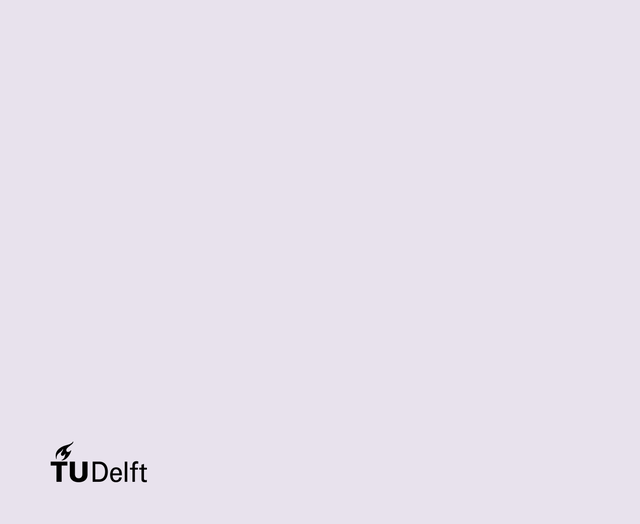What does the Dutch society think?
For a more extensive description on research and results please visit the Dutch version of this page.
- Dutch people believe that any relaxation of measures to control the coronavirus should be limited, in order to prevent the healthcare system becoming overstretched.
- Participants were most likely to recommend the option: ‘Employees in contact professions (e.g. hairdressers) are allowed to work again’.
- This relaxation option is popular across various categories of the Dutch population.
- Dutch people are also concerned about reopening hospitality and entertainment businesses. They fear that excessive alcohol consumption could prevent Dutch people from adhering to coronavirus measures, such as the 1.5-metre distance rule.
- They also think that the measures should not be allowed to sow division: there is no support for lifting restrictions for specific groups.
- As many as 30,000 members of the Dutch public took part in this unique experiment, charting their thoughts and preferences on relaxing measures to combat the coronavirus.
Following the coronavirus outbreak in the Netherlands, the government has taken various measures to control the spread of the virus, to protect high-risk groups such as the elderly and to prevent various parts of the health care system from collapsing. Now that the RIVM (the Dutch National Institute for Public Health and Environment) has come to the conclusion that the measures appear to be effective, the questions as to whether these measures can be phased out and how (at what pace, and in what way) have to be answered. Naturally, the government bases its choices and decisions on sophisticated model studies by experts, but the preferences, considerations and values of society are hardly taken into account. To support more insights into the latter, we have carried out a Participative Value Evaluation (PVE), in which approx. 30.000 citizens were consulted about their preferences regarding the trade-offs that occur while lifting the corona measures. Due to the time pressure, the survey was only available in Dutch, although we would very much like to have included other languages. The research was carried out by researchers from Delft University of Technology in participation with researchers from other universities, researchers from RIVM as well as policy staff from the Ministry of Health, Welfare and Sport and the Ministry of Finance.
Purpose of the PVE study
The effectiveness of lifting the corona measures strongly depends on the behaviour of Dutch citizens. This in turn depends on the extent to which the Dutch consider the measures taken by the government to be useful and meaningful. Thus, there is a need for more information about society's considerations, values and preferences in order to substantiate decisions about phasing out the corona measures. Our study will give insights into questions such as the conditions under which the Dutch would find it acceptable to (partially) reopen nursing homes and restaurants. We can then distinguish the considerations of certain segments of society, for example age, position or family situation. The results will provide the RIVM and the Cabinet with structured, detailed and reliable information.
The options
The government has several possibilities to lift the corona measures. Participants will learn about these scenarios and can compare them with each other, including the most important up- and downsides. Participants are also asked to motivate their choices and are able to contribute ideas for any other exit strategies.
The research and the results
The research is carried out by researchers from Delft University of Technology in collaboration with researchers from other universities and researchers from RIVM. Policy staff from the Ministry of Health, Welfare and Sport and the Ministry of Finance also participated.
Within the research there are no right or wrong choices. We rather want to know more about the preferences of the Dutch population regarding different corona exit scenarios. The results of the research are processed anonymously and shared with the RIVM and the government. The results can contribute to the government's choice of an appropriate strategy to lift the corona measures in short- and long-term.
Would you like to contribute?
If you have any tips that should help us improve the research, please contact Niek Mouter: N.Mouter@tudelft.nl.
This project is financed from the TU Delft Covid-19 response fund.
Newsletter subscription
Do you want to stay up-to-date on the latest developments in the area of Participatory Value Evaluation (PVE), research results or do you want to test PVE yourself? Subscribe for the PVE newsletter.

